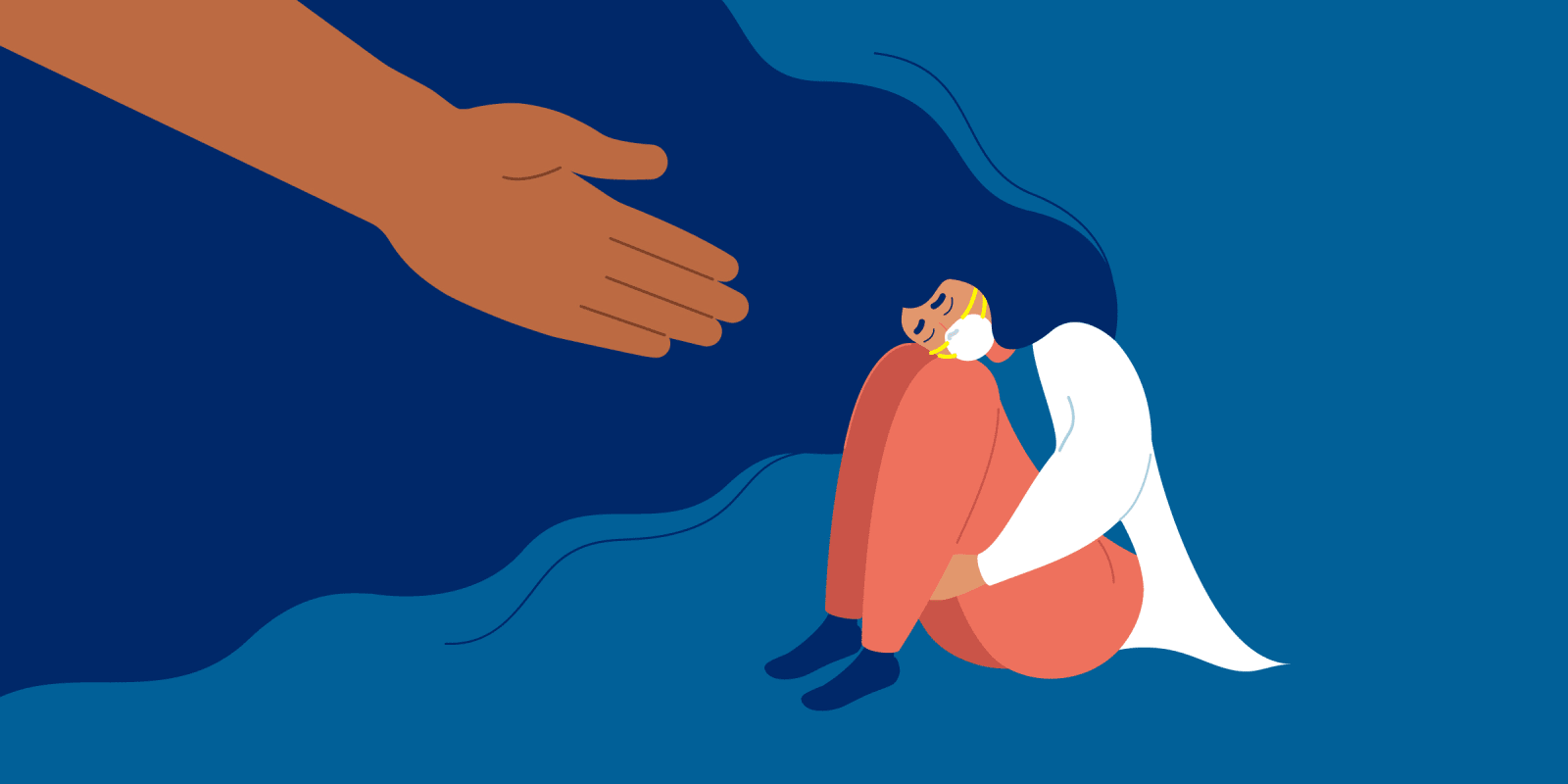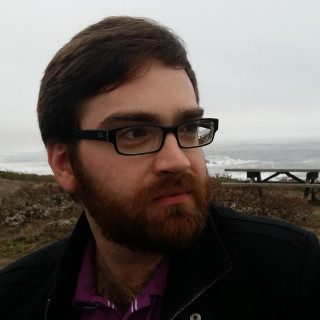As the COVID-19 pandemic begins its third year, the term “wellness” has become a buzzword in the workplace, and with good cause. In surveys among the general populace since the start of the pandemic, 40% of respondents reported struggling with mental health, and claims of burnout rose 52%. Many Americans have turned to drugs and alcohol to ease the burden, which could carry severe physical and professional consequences.
For clinicians, this can potentially result in license revocation. But, medical professionals need not worry, help is available in many forms. Nearly every state in the union has a program dedicated to the wellness of health care professionals who struggle with mental health and substance use disorders (SUDs). What follows is a series of interviews with the medical directors of three such employee assistance programs (EAPs), what hurdles they face, and how they help their clients.
First and foremost, what are these programs? Why do they exist? And what challenges do they face in helping clinicians? Dr. Paul Earley, the medical director for the Georgia Professionals Health Program, travels around the state of Georgia to speak to clinicians about his program. After his lecture, he is often approached by audience members asking for more information.
“Their first question is, ‘Are you going to report me to the medical board?’ I say, ‘No, you have to get an evaluation. You may need to stop practicing right now until we're sure.’ I think they believe me, but clinicians are very anxious about this,” Dr. Earley said. Clinicians are often afraid of losing their medical license, but Dr. Earley points out there must be a balance between public safety and getting care for clinicians — “you don't want a doctor who comes to work hungover or can't operate.”
Dr. Earley’s program is an alternative to medical board action. By ensuring a physician is removed from practice in the occasional situation when they are not safe, Dr. Earley and his team can refrain from reporting cases to the board.
Dr. Alexandria Polles, the medical director for the Professionals Resource Network in Florida, suggests that financial costs can hinder clinicians in getting help. The solution, she proposes, is institutional. “More hospitals and practices should cover the majority of costs of evaluation, treatment, and monitoring — particularly in the initial stages — to support our colleagues.” She explained that this could be implemented via reimbursement or expanding insurance to cover mental health and wellness, including SUDs. “This is not only the right thing to do, but it is necessary to maintain and retain our workforce.”
Dr. Edwin Kim, the medical co-director for the Pennsylvania Physicians' Health Program, noted that in Pennsylvania, doctors don’t know about alternatives, either. His program often receives surprised phone calls from those who hadn’t considered their services. One important area, he said, is the reduction of stigma. The goal is to normalize conversations about stress, distress, and illness as well as validating the need to seek professional help.”
But how does one counter the stigma of dealing with substance abuse or mental health issues? Dr. Kim explained, “I often use the analogy of airplane emergencies: ensure placing your oxygen mask before attempting to aid others. At every opportunity, we are advising clinicians to be mindful of their well-being. This isn’t always easy because there is an assumption that clinicians are somehow immune to stress, that somehow we need to be more resilient than our patients.”
He added, “I think [what leads to success] is a bit of humility, and accepting powerlessness … is very difficult for clinicians to identify with. For so long, it's been ingrained in them that they have to be in control, or at least give the impression that things are under control. That interferes directly with someone's ability to become vulnerable.”
With the COVID-19 pandemic, vulnerability and wellness became much more difficult to achieve. Long hours and high demand created the perceived need for strength and infallibility among clinicians.
“We're seeing more problems with depression,” Dr. Earley reported, “more problems with SUDs, and more delay in getting care with COVID-19. When the pandemic first started, the number of referrals we had went down very dramatically … and now that it's been here for a while, it's shot up to the highest it's ever been.” Dr. Earley’s team isn’t the only one seeing an increase isn’t singular: In 2020, 42% of clinicians self-reported being burnt out.
Furthermore, the practice of social distancing and isolation placed a burden on the standard in-person EAPs. Dr. Earley recounted some examples in the nascent social-distancing world. “For a while early on, when COVID-19 was just starting, there were so many concerns about the infectivity that we decreased drug screening for a little bit because we were concerned about a person going to a lab to do a urine drug screen and getting COVID-19 as a result.” Additionally, group sessions, which at times had as many as 60 individuals, now had to hop onto virtual calls. “It's run differently,” Dr. Earley said. “We used to break up into smaller groups, and now we've decided we're all going to do it together. I think the efficacy of it is not as good as I would like.”
Despite the ongoing stress of this new environment in which we find ourselves, there remains hope. Of her fellow clinicians, Dr. Polles affirmed, “You matter, you make a difference, and you are loved by many. Please reach out for help and extend your hand when another reaches out to you. Know that there are programs in nearly every state whose job is to help you.”
Dr. Earley shared that EAPs are there to help, no matter how long it takes. “One of my participants said, ‘I used to think you were just the recovery police, but now I realize you care about whether I get better.’ And that was after he was with me for four years.” The great news is that EAPs have an incredible success rate at getting people healthy and back to work.”
If you are feeling burnt out or suspect a friend may be and don’t know where to begin, Dr. Kim offers simple homework: “After you read this, switch over to your contact list and say hi to your old classmate or to an old colleague that you met at a conference. It’s so simple to just say hello and build that connection. It's about building that support for yourself and not letting your colleagues suffer in silence, getting out of this together.”
If you or a colleague are struggling with substance abuse or mental health issues, please reach out to your local wellness program. The health care community is still one of peers, and is there to support you.
If you wish to read about other clinicians’ journeys to wellness, we suggest these additional articles.
Image: Mary Long / shutterstock







